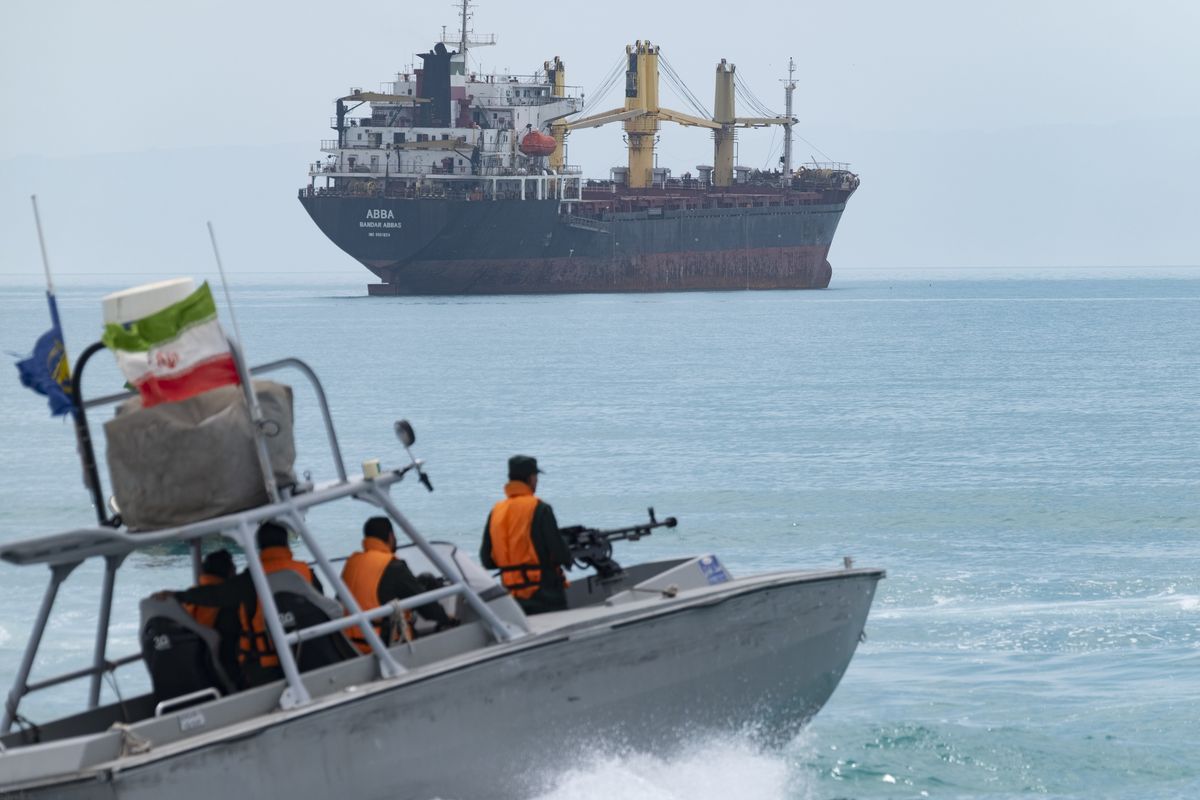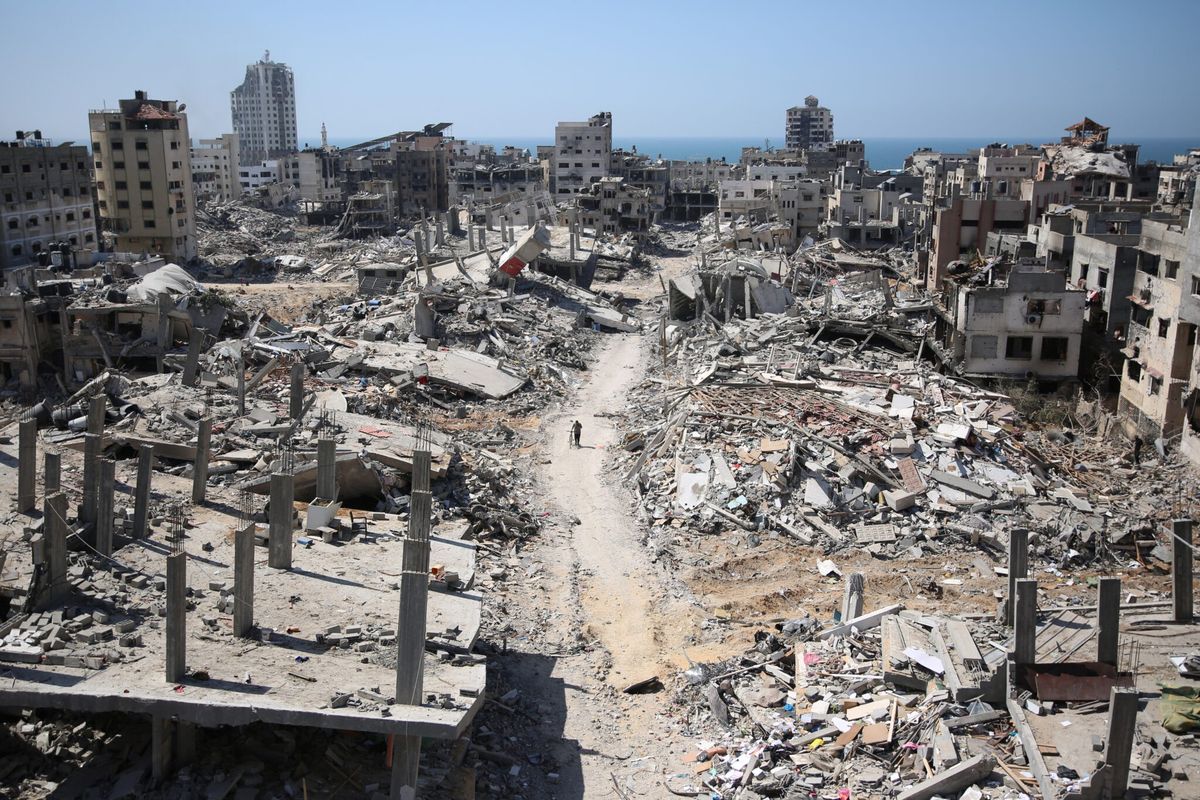The Trump administration’s recognition of Jerusalem as Israel’s capital has exacerbated existing tensions between Turkey and Israel, only 18 months after the two countries reconciled.
Bucking years of precedent by the international community, President Donald Trump’s announcement provoked wide criticism and prompted an emergency meeting of Muslim leaders in Istanbul. Turkish President Recep Tayyip Erdoğan criticized Israel, calling it a “terrorist” and “child-murderer” state. Israeli Prime Minister Benjamin Netanyahu fired back that his Turkish counterpart is responsible for the bombing of Kurdish villages and helps terrorists who kill innocent people, including in Gaza, and other Israeli politicians across the spectrum joined in the rebuke.
Although Erdoğan’s threat to cut ties with Israel is not likely to materialize, it is clear that despite mutual interests, the fundamental political differences between the two countries are far from being resolved despite the July 2016 normalization agreement that ostensibly resolved their split over the Mavi Marmara incident six years earlier – when Israeli commandos boarded a ship that was trying to break the blockade of Gaza, and killed 10 Turkish activists.
Although the reconciliation encouraged various stakeholders who are eager to resume the decades-old bilateral Israeli-Turkish collaboration, diplomatic and security cooperation is unlikely anytime soon.
Since they began in 1949, Israel-Turkey relations have been extremely sensitive to developments on the Arab–Israeli front. After more than a decade of close economic, diplomatic and military ties, bilateral relations soured in the mid-2000s. The Second Palestinian Intifada, the rise to power of Erdoğan’s Adalet ve Kalkınma party (AKP), the Second Lebanon War, and clashes over Israel’s Gaza policies all exacerbated tensions, culminating in the six-year rift between the countries.
Despite tensions largely centered on the Israeli-Palestinian conflict, the larger regional context brought Jerusalem and Ankara back together in June 2016. Incentives for the thawing of relations included strong economic interests, chief of which was an energy deal that could transform Israel into a gas exporter and bolster Turkey as a key gas portal for Europe. Other considerations included satisfying the U.S., which pushed the parties to resolve their differences, hoping to enlist two longtime allies to advance mutual interests and stability.
In addition, Ankara and Jerusalem at the time were both anxious about the implications of Bashar Assad’s imminent victory in Syria, and the potential for a permanent Russian, Iranian and Hezbollah presence in that country. Despite disagreements, both countries sought to find ways to alleviate the humanitarian crisis in the Gaza Strip. Indeed, on multiple levels the rapprochement enabled closer Israeli-Turkish cooperation, mainly on economic issues.
However, incentives for collaboration have dissipated since 2016, making Israeli-Turkish ties now especially precarious. First, while the gas deal is still considered economically and technically viable, Israel is examining alternatives that are politically less risky, focusing on the EastMed pipeline being negotiated with Cyprus, Greece and Italy.
Turkey had sought to reduce its energy dependence on Russian gas since the 2015 crisis between Ankara and Moscow that developed after Turkey downed a Russian bomber that violated its airspace. Since then, Ankara and Moscow have mended fences and are now advancing the TurkStream gas pipeline from Russia to Turkey and the Akkuyu nuclear power plant in Turkey, which is being built with Russian support.
Meanwhile, U.S.-Turkish ties remain strained and the U.S. recognition of Jerusalem as the Israeli capital has only worsened the situation. Turkey was until recently seen in Israel and in the region as the tip of the spear in the battle to overthrow the Assad regime, and with it, break a critical node of Iranian influence. But the Astana process—a Russian-Turkish-Iranian initiative—suggests that Turkey might concede its anti-Iranian demands in return for preventing an autonomous and contiguous Kurdish region along its border with Syria.
The concern over Ankara’s possible quid pro quo with Tehran is shared by key Sunni Arab countries including Jordan, Egypt, Saudi Arabia and the United Arab Emirates, with whom Israel reportedly has developed strong back-channel cooperation. Another threat shared by these countries is the emotional and ideological link between the AKP and the Muslim Brotherhood and its affiliated parties, including Hamas, which Israel and other countries consider a terrorist movement. For that reason, Erdoğan’s approach to the Israeli-Palestinian conflict is seen in Jerusalem, as well as in parts of the broader region, as controversial and destabilizing.
Israel and Turkey still share certain important interests, primarily economic. But Jerusalem’s view is that as long as Erdoğan is in charge, diplomatic relations will be kept at a low profile – despite Turkey’s size and regional position as a militarily capable Sunni country that might help contain Iranian influence in the region. And while historically, separation of economic interests from political differences was possible, this task might be harder today given the deep mistrust and tension between Ankara and Jerusalem.
Shira Efron is an associate policy researcher at the nonprofit, nonpartisan RAND Corporation, a special advisor on Israel with RAND's Center for Middle East Public Policy, and a professor at the Pardee RAND Graduate School.













